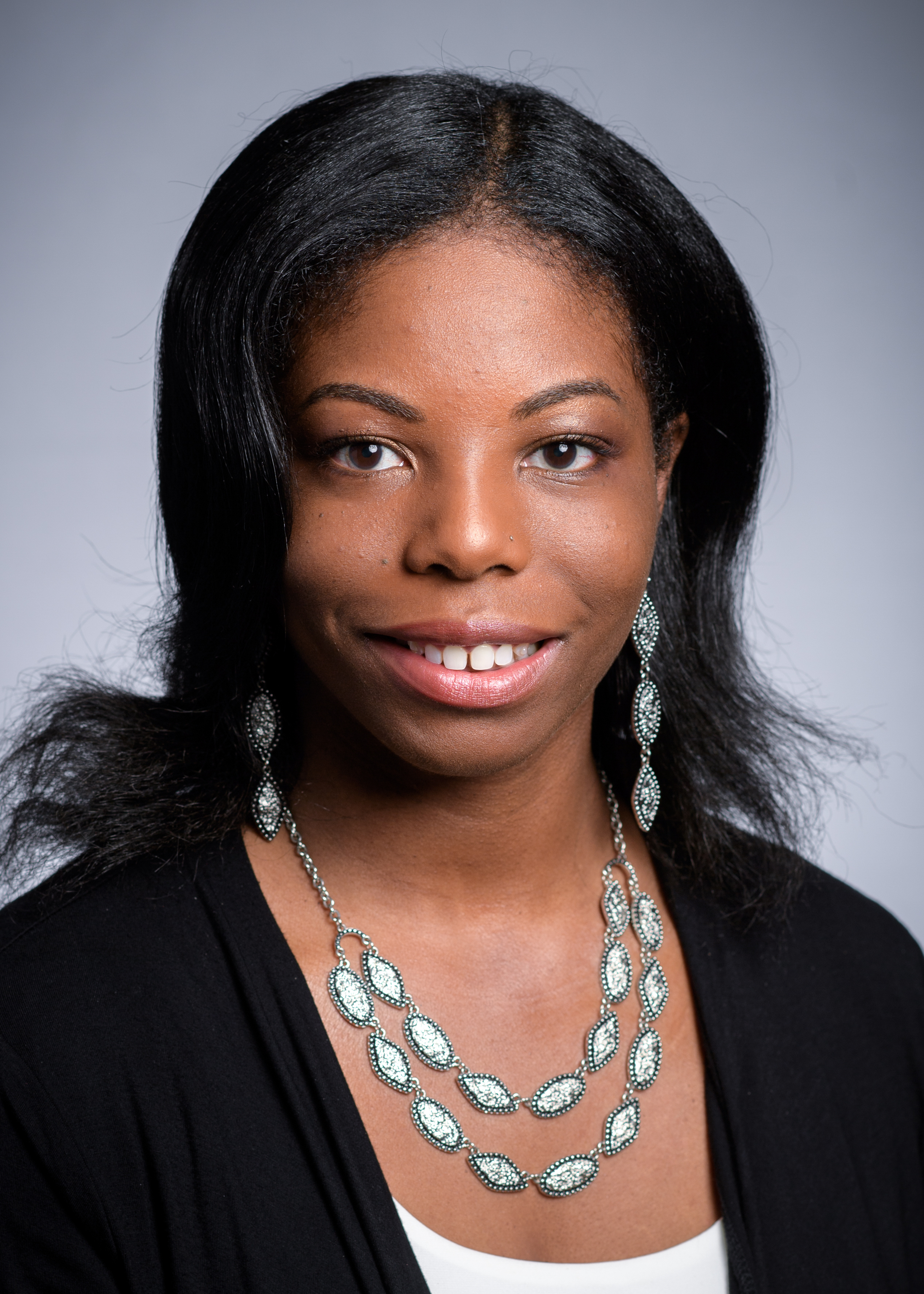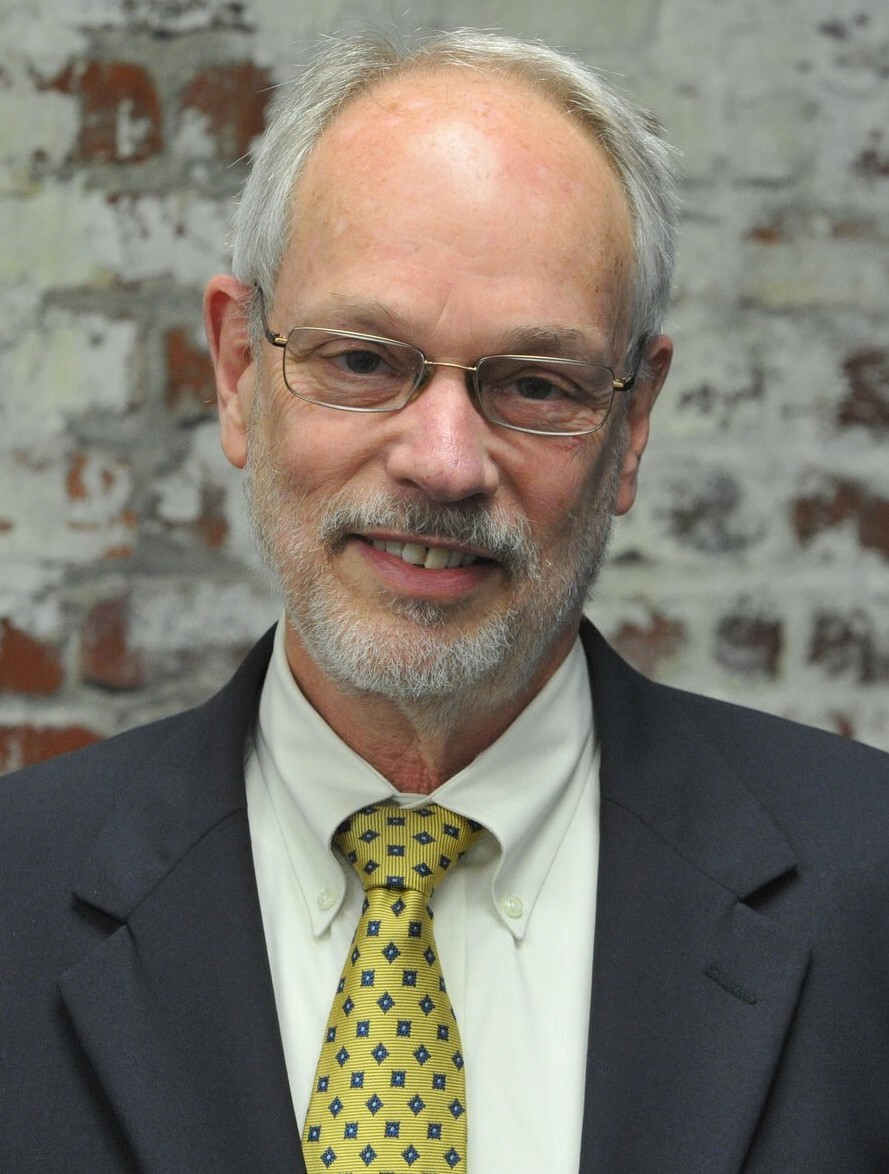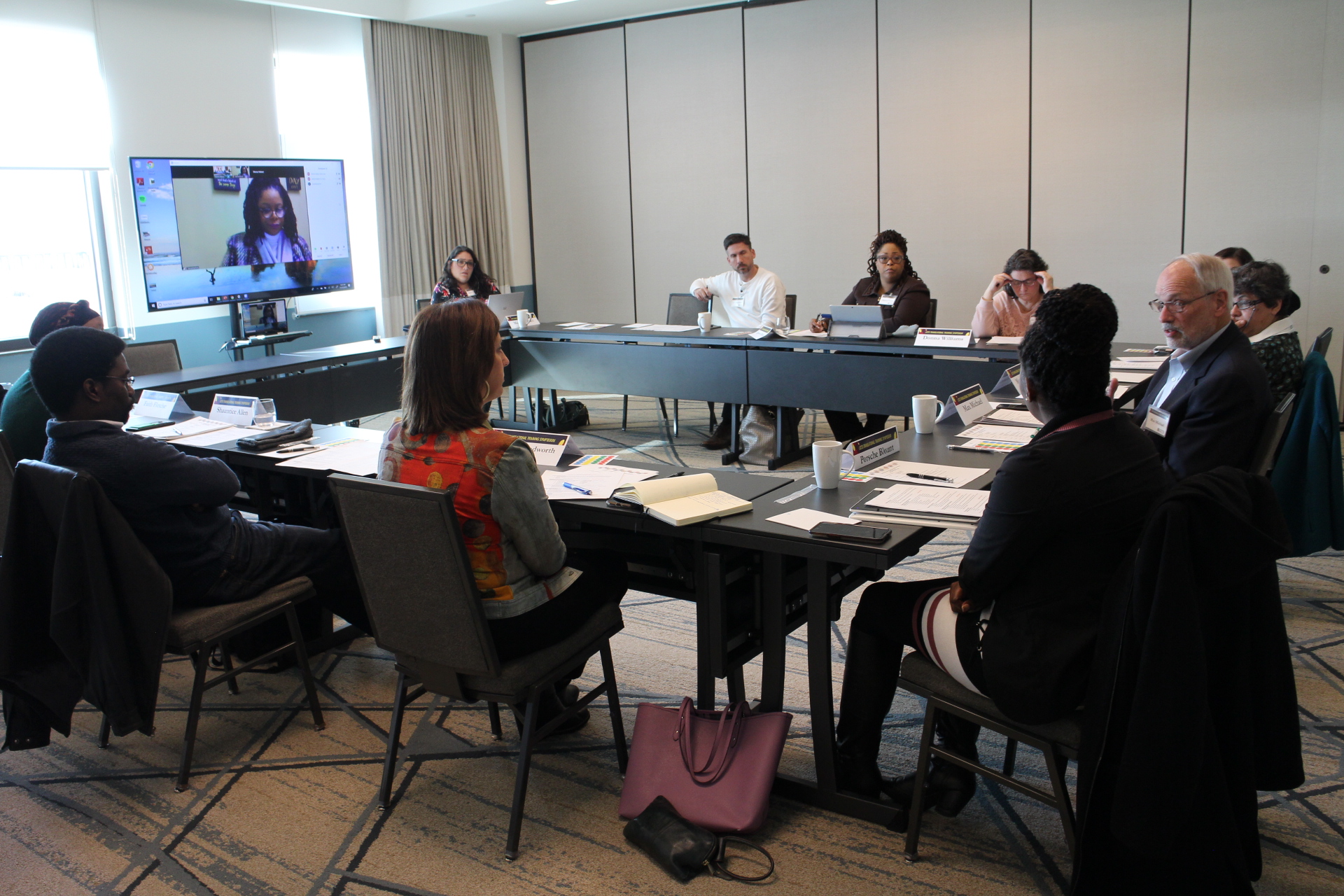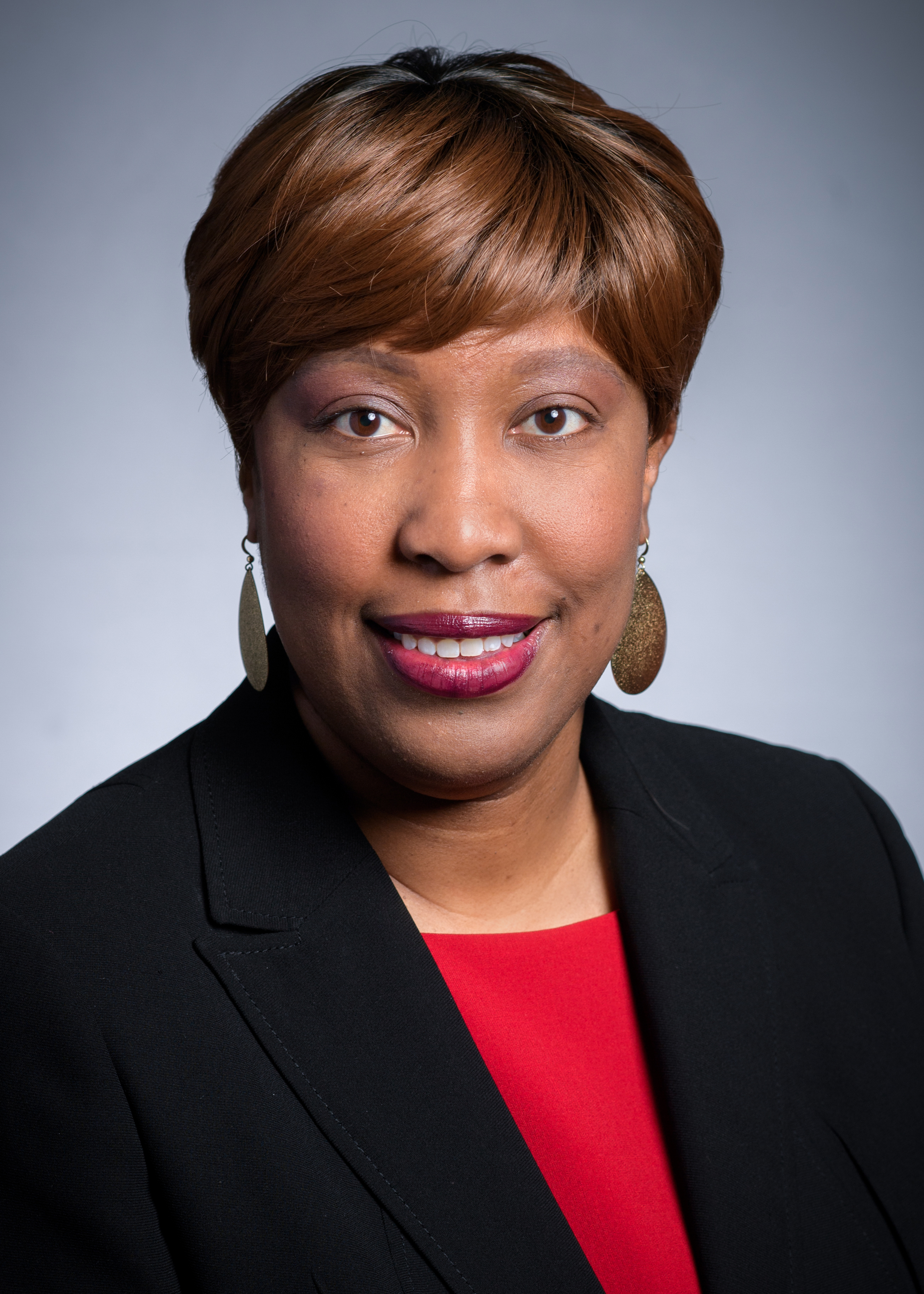The Southern Commonweal, a group tasked with engaging communities across the CCTS Partner Network, begins another meeting, this time virtually with laptops and cell phones. Their agenda includes the usual topic of strategic planning for the future, but most of the conversation surrounds the problem most relevant today…how researchers in the Deep South are helping residents stay healthy and well-informed during a health crisis.
Community engagement, expressed through platforms like the CCTS Southern Commonweal, is a pillar of the Center’s mission. Simply put, researchers must be connected to the communities that surround them. Creating that connectivity requires a level of commitment that often goes unnoticed, even though the work to reach and serve our communities is just as important as the research that makes them healthier. Here are the people and projects that bolster the community engagement domain of the CCTS.
Leadership Faith Fletcher, PhD, MA, is an assistant professor at the UAB School of Public Health in the Department of Health Behavior, and recently took on additional leadership for CCTS Community Engagement. Her research focus and personal passions include health disparities in the black community. Faith will lead several existing projects, many shared below, and will tackle new challenges as well. Max Michael, MD, Dean of the Department of Health Care Organization and Policy at UAB, passed the torch to Fletcher after leading CCTS community initiatives over the past several years. He was instrumental in creating and strengthening partnerships and outreach opportunities with our community. Shauntice Allen, PhD, MA, an assistant professor in Environmental Health Sciences at UAB, has also played a long-standing critical role in community engagement leadership. She implemented and leads the Community Health Innovation Awards (CHIA) and spearheads planning for the Community Engagement Institute (CEI). The CCTS also benefits from Community Advisory Boards who put in the time and effort to keep projects moving forward and communication efforts intact:
Faith Fletcher, PhD, MA, is an assistant professor at the UAB School of Public Health in the Department of Health Behavior, and recently took on additional leadership for CCTS Community Engagement. Her research focus and personal passions include health disparities in the black community. Faith will lead several existing projects, many shared below, and will tackle new challenges as well. Max Michael, MD, Dean of the Department of Health Care Organization and Policy at UAB, passed the torch to Fletcher after leading CCTS community initiatives over the past several years. He was instrumental in creating and strengthening partnerships and outreach opportunities with our community. Shauntice Allen, PhD, MA, an assistant professor in Environmental Health Sciences at UAB, has also played a long-standing critical role in community engagement leadership. She implemented and leads the Community Health Innovation Awards (CHIA) and spearheads planning for the Community Engagement Institute (CEI). The CCTS also benefits from Community Advisory Boards who put in the time and effort to keep projects moving forward and communication efforts intact:
One Great Community Council (OGC): Established in 2008, the OGC Council meets regularly throughout the year. Its primary mission is to strengthen partnerships with local
community organizations and leaders. Members are responsible for two signature annual events: The Community Health Innovation Awards, which are typically awarded in December, and the Community Engagement Institute, which is coming up on October 2nd.
 The Southern Commonweal: This group discusses and integrates community engagement efforts across the CCTS Partner Network, a region that includes Alabama, Mississippi, and Louisiana. Recent meetings have focused on ways in which each institution is supporting communities during the pandemic. A couple of examples from CCTS Partner Institutions and Affiliates:
The Southern Commonweal: This group discusses and integrates community engagement efforts across the CCTS Partner Network, a region that includes Alabama, Mississippi, and Louisiana. Recent meetings have focused on ways in which each institution is supporting communities during the pandemic. A couple of examples from CCTS Partner Institutions and Affiliates:
• University of Mississippi Medical Center (UMMC) (Committee Member Cassandra Dove) has partnered with the Mississippi State Department of Health (MSDH) to form a health equity response team looking at COVID-19 disparities in the black community.
• Auburn University (Committee Member Chippewa Thomas, PhD, MEd) is committed to making 10,000 masks.
The Southern Commonweal provides a critical platform for idea and project sharing.
Programs and Projects
Community Health Initiative Awards (CHIA): Read about the unique non-profits who competed to secure funding for innovative hands-on projects in Birmingham, Alabama. These organizations have recently become more creative in how they implement their projects, utilizing technology and virtual opportunities to connect with those they serve, even during a pandemic. For example, Chocolate Milk Mommies, a 2019 CHIA recipient, utilizes video meetings for lactation consultations.
Community Engagement Institute (CEI): The CEI is an annual training focused on issues related to health equity and social justice, and examines why and how community engagement and collaboration are effective in social/behavioral research and in community-building practices. This year’s CEI event will be changed to a virtual format, with a strong focus on regional perspectives surrounding COVID-19 and racial injustice.
